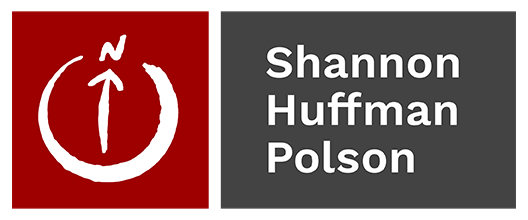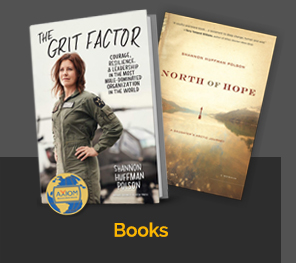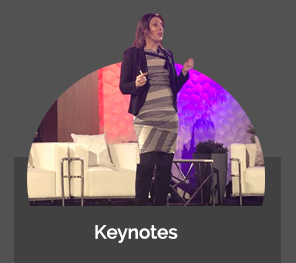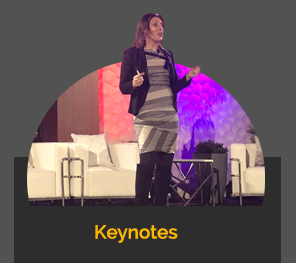- Building Courageous Leaders for a Better World
September 2022
September 2022
A couple of summers ago in Winthrop, Washington, I turned the corner at the four- way stop on my way over the mountains and to the Seattle airport for a keynote. Just past the four-way was a friendly looking hitchhiker holding a sign that said “Rainy Pass PCT.”
PCT is the abbreviation for the Pacific Crest Trail, the 2600 mile long trail from Canada to Mexico. It crosses Highway 20 just thirty miles or so shy of the end (if traveling south to north) near Washington and Rainy passes, high alpine passes of the notoriously precipitous and equally spectacular North Cascade Mountains.

I’ve never picked up a hitchhiker in my life, and don’t find it advisable, especially for a woman driving alone. But it’s common for PCT hikers to come into town for a bite or a shower, and then need a ride back to the trail. And he looked friendly.
His trail name was Happy. Happy was a software engineer— I don’t recall where. But a PCT hiker at the end of the trail looks like a lot of software engineers I know— a bit grungy, a bit dirty, and unshaven— and so I wasn’t surprised (with all respect to software engineers of all varieties!). We had a nice conversation for the twenty mile or so drive up the valley and into the mountains before I dropped him off. I don’t remember much, except for this.
“I’ve talked to a lot of hikers now,” Happy said. “Some that make it and some that don’t. And what I’ve noticed is that the hikers who say “WHEN I finish hiking the PCT…” finish at a much higher rate than those who say “IF I finish the PCT.””
When— versus if.
One word indicates an expectation of success, and one word does not.
Have you downloaded your FREE copy of The Grit Manifesto? Print it out and put it somewhere you can see it every day!
One will do what is necessary to succeed, and one leaves the option to quit, or make an excuse.
It’s a perfectly human tendency to want to hedge our bets. After all, none of us like to fail. There’s always some reason something can’t be done. It’s too hard. We aren’t going to give up our lives to whatever it is, after all. Rest is important.
Of course, all of those excuses have grains of truth to them, but it’s far too easy, using the word “if,” to let ourselves off the hook, to find excuses for giving the life we are meant to live, or making the contributions we are meant to make— for, ultimately, living a life that matters.
How can The Grit Institute help you and your company or organization crush Q4— and make 2023 spectacular? Reply to this email or comment below and let me know!
Words matter. Writers know the power of words, and it usually isn’t the big ones that hit hardest. When. If. These are simple words with significant implication. One is about commitment. The other, excuse.
Consider what you have in your sights— what are your goals, your plans, your hopes? How are you meant to show up in the world? What are you meant to learn, and to love? How are you meant to give back?
Then ask yourself honestly— brutally honestly. Are you using the word “when” in your own mind, and with others? Or are you using the word “if”?
I’d love to hear how this registers for you— and what the difference is when you change one simple word. Leave me a voicemail, and you may be featured on The Grit Factor podcast!
A bientôt!
Shannon
PS. What did you think about the recent post on boundary setting? As you’re setting priorities, this is the only way to make it all work, but it’s very difficult for many of us.
(PSS: do you know someone who would benefit from this? Please share! We’ll make the world better one reader at a time as we all turn to face the wind…together!)









